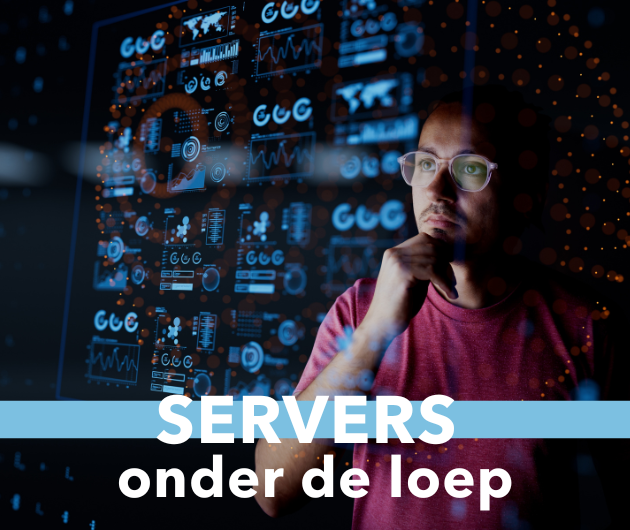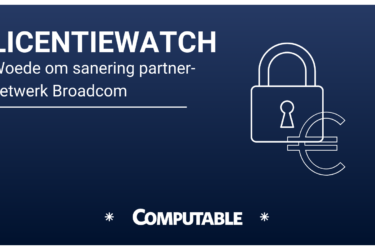In an ideal world some standards body would provide the world with a low cost, scaleable product to manage the software needed to integrate all the various business applications, which would make it easy to interwork between separate organisations.
There is every hope that there will be a useful product developed by the open source community, but it is unrealistic to expect it to be mature or comprehensive enough to meet the needs of the larger organisation (I have little idea at present how to define “larger”). There are three other possible sources of integration frameworks which can be considered for serious use today by these larger organisations (i) application package vendors, (ii) infrastructure tool vendors and (iii) dedicated start-ups. One thing that all these software suppliers must have in common is significant financial resources, because these are sophisticated products. They must be based on standards which helps with defining many requirements, but that doesn’t make development cheap.
The first concept is not acceptable. The leading light here is SAP. SAP does define APIs to access their data and functions, but these are proprietary, under SAP’s control. SAP applications should be a set of the sub-systems to be managed by the integration software, not the integration system itself. The same applies to the data warehousing integrated with SAP. It is wrong and ties the users into SAP. It may be easier in the first place, particularly for dedicated SAP clients (at present), but SAP isn’t forever, so focus on an independent integration product.
The second category is the most common. Here there are two camps, Microsoft and the Java community. The choice of Microsoft is in my opinion ridiculous. No one should be tied into a single supplier, but particularly not Microsoft. Linux is clearly the base operating system to run integration software products, even if today those applications are running on Windows. There are far too many options maturing and Microsoft is only one among many! Microsoft systems and applications must be managed but not by Microsoft software.
The leading lights in the second category are not Microsoft in any case, but the Java community. Here the leaders are IBM, BEA and Oracle. Oracle should be ruled out immediately because not only are they an application package vendor a la SAP, but they are a database server vendor – double lock-in! BEA has done remarkably well to be up among the big boys. They came from SCO to further the old AT&T TP monitor, Tuxedo, which IT enemy number one rejected form their Unix portfolio, more fool them. BEA then took over Web Logic, who had added Java capabilities to the TP system and being early on the scene they took a huge share of the initial market for tools to build and run Web-based IT systems. Of late the niche that BEA filled has been challenged by Oracle, but largely by IBM. Their Web-based integration system, WebSphere, competes with BEA and IBM has far more clout. Just as in the past products such as CICS and DB/2 grew and took over the smaller competition, so WebSphere is attacking BEA. Others such as HP and belatedly Java originator Sun Microsystems are also trying to enter this market. It will be very difficult to stop IBM taking over the top spot. There are some interesting OSS Java products, JBoss for instance, as well, but they don’t get into the Business Network capability yet.
Still to come then is a discussion of how the capabilities of a Java product can be expanded – and what about the well-healed start-up?< BR>
Martin Healey, pioneer development Intel-based computers en c/s-architecture. Director of a number of IT specialist companies and an Emeritus Professor of the University of Wales.








